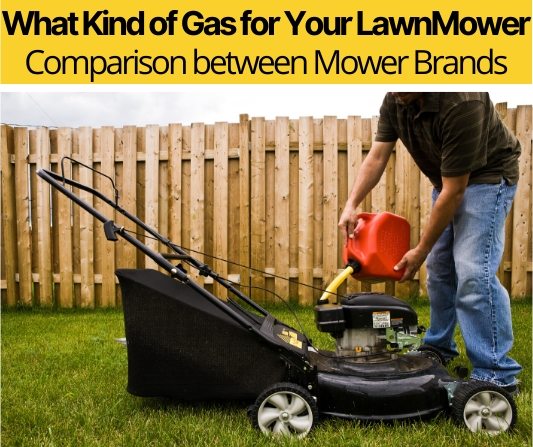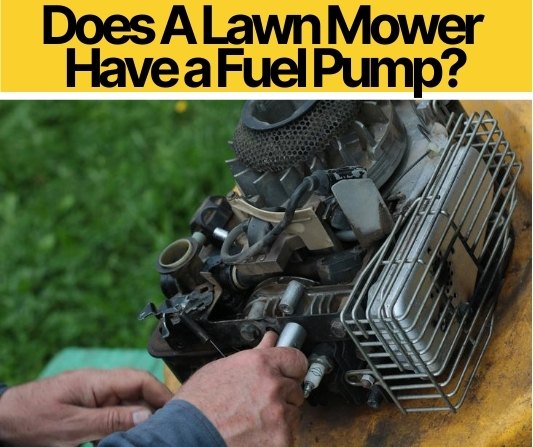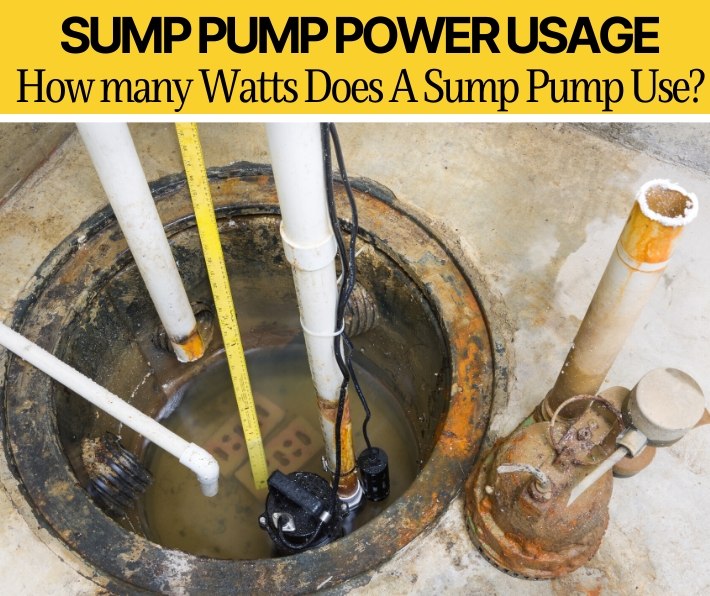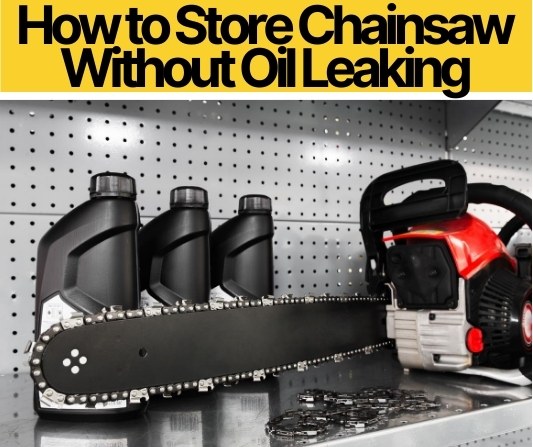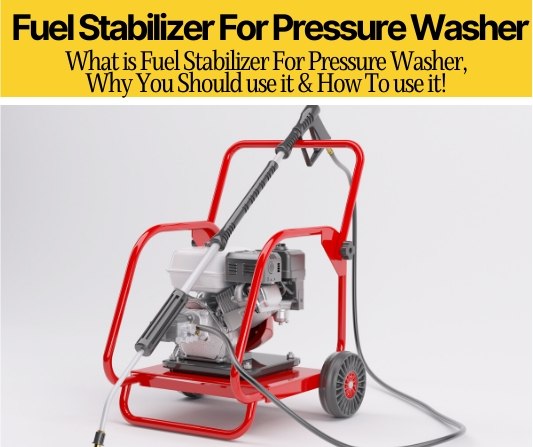 Knowing what fuel stabilizer is and why you should use it can save you big money on your pressure washer and help prolong its engine life.
Knowing what fuel stabilizer is and why you should use it can save you big money on your pressure washer and help prolong its engine life.
So how does Fuel Stabilizer for pressure washers actually work , Why you should use it and Do you actually need to use it or it’s just snake oil?
In This Article we will Cover the Benefits of it & What kind of fuel stabilizer is best for your pressure washer.
What is Fuel Stabilizer For Pressure Washer
Fuel Stabilizer is a solution that prolongs the life of your pressure washer engine. It keeps the fuel lines lubricated and removes gunk that can harm your engine in the long run. The most important part about stabilizer is that it keeps the fuel fresh for up to 12-24 months so that you don’t have to worry about the engine not starting up after keeping it in the storage for a while.
Like how food can expire, so can gas if left in the fuel tank and not consumed for more than 30 days. Fuel stabilizer is equivalent to covering leftovers in plastic wrap, it protects the gas from being oxidized (reacting with air) so that it won’t clog the engine in the pressure washer the next time you run it after letting it sit for a long time. Fuel stabilizer eliminates ethanol present in fuel, which harms small engines like the pressure washer as it destroys all the rubber components within the engine.
Do I need fuel stabilizer for my pressure washer?
In short, the answer is yes unless you plan on using the washer at least a few times every month. If you’re a homeowner who pulls out the washer occasionally to clean up the moldy backyard right before a backyard BBQ with friends, chances are that most of the time the fuel is going to be in storage. Unlike cars where you can go months without checking engine oil or any fluids and not run into any problems with the car unless it’s critical, pressure washers need more attention and care as their engines are more fragile
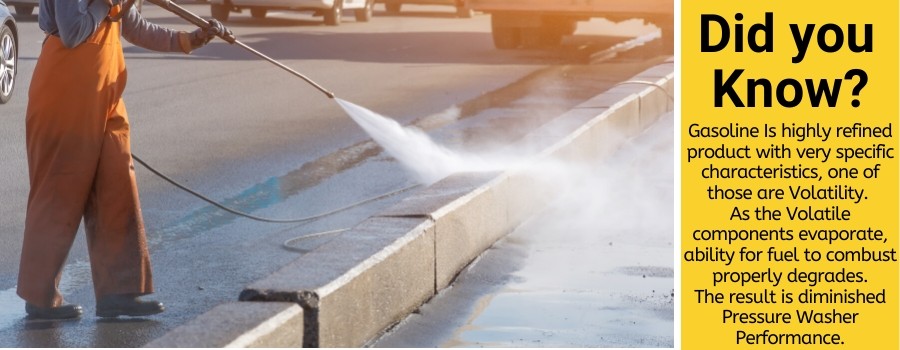
Benefits of using fuel stabilizer
Fuel stabilizer can accomplish multiple things; just a few bucks can save you from spending $300-$500 for a new washer again.
First, the stabilizer keeps the fuel fresh by preventing the evaporation of octane which is what the engine burns to give power; gasoline without octane will not burn efficiently at all and ruin the engine.
Second, fuel stabilizer burns off the excess ethanol present in the fuel. Ethanol is okay for automobile engines but for your pressure washer engine, it actually damages the engine in the long run by causing the internal parts to rust. If you use marine grade stabilizer, it can also keep water out the engine as those two do not mix.
Third, it keeps the fuel injection lines lubricated meaning longer lasting parts and better performance while you own the washer. The longer the engine stays running, the less repairs and maintenance it will require.
How to use fuel stabilizer in pressure washer
Adding fuel stabilizer is as simple as filling up your gas tank, all you do is add the stabilizer into the tank right before you top off with fresh gasoline. If you are worried about how much you put inside, you can add the required amount into a fuel can and mix it before adding it to your engine. After you finish filling up, let the engine run at least for a few mins to get the stabilizer to circulate throughout the engine. Once, that’s done, you can immediately use it or store it away for however long as you need to! Remember that stabilizer only works with new gasoline; it will fail if you just pour into your tank that already has stale gas. If that’s the case then you would need to drain the tank of the old fuel before filling up.
How much fuel stabilizer to use for pressure washer
The answer is that it depends on the stabilizer brand. The stabilizer will have instructions given on the label telling you how much to use with your gas. Most often they will offer you ratios like 1:1 (1 ounce of stabilizer to 1 gallon gas) or 1:2.5 (1 ounce of stabilizer to 2.5 gallons of gas). If you purchase a small bottle you might end up using the whole thing but if you purchase a gallon you’ll probably end up with left over so always trust the labelling!!! If your manufacturer tells you how much stabilizer to use, ignore the amount and follow what it says on the bottle.
Can you use too much?
The short answer is no, if you accidentally add more than what the bottle calls for, nothing bad will happen to your engine. In fact, some brands like STA BIL will call for double the amount if you intend on solely keeping your pressure washer in storage. The only way you can use too much fuel stabilizer is if you pour it like a madman nonstop and if that’s the case then maybe you can do some damage.
Can fuel stabilizer be bad for pressure washer engine?
The answer is no, if someone tells you that fuel stabilizer is bad for you, they are probably being lied to as this is a myth. If you ask any mechanic, they’ll be shocked and tell you that’s false. There are no studies to show that stabilizer harm the engine rather than keep it clean. The only way stabilizer can harm the engine is if you pour so much that you end up diluting the gasoline, resulting in an engine that doesn’t run.
What’s a good fuel stabilizer for my pressure washer.
Although there are many brands of fuel stabilizers out there, they all accomplish the same function regardless. If you’re stuck on what to choose or want to play it safe, I’d go with STA BIL since it has a lot of good reviews and seems to be popular among small engines. I’d highly recommend getting marine grade fuel stabilizer to protect against water since you are dealing with a pressure washer after all.
Honda pressure washers
Honda actually sells their own line of fuel stabilizers so if you’re the type of person that sticks to manufacturer products then this one is for you. They claim to use the same formula as STA BIL so if you have a hard time finding it, STA BIL will also work too.
Ryobi pressure washers
Ryobi sells gas and electric pressure washers so one way to distinguish which one you have is to see if they come with a power plug to start the washer. If you have a power plug then it is an electric washer and you do not even need to bother reading this article. If you have the gas then it comes in two models: one with the Honda engine and the other with Ryobi’s engine. You can use Honda stabilizer for the Honda model and STA BIL for the Ryobi engine but either way STA BIL is compatible with both.
Troy bilt pressure washers
Troy Bilt actually advertises using STA BIL on their website but I recommend grabbing the marine grade version of STA BIL if you can.
Simpson pressure washers
Similar to Ryobi, Simpson offers pressure washers that come with the Honda engine or their own. Likewise, you can use Honda stabilizer for the model that comes with the Honda engine and STA BIL for the Simpson engine.
Related Questions.
How long does fuel last with stabilizer?
Fuel stabilizer can keep your fuel fresh for up to 12-24 months. Without the fuel stabilizer, your gas would start to fall apart and loose its properties if you let it sit for as less as 30days!
Where can I purchase fuel stabilizer For my Pressure washer?
You can purchase this online at your manufacturer’s website if they carry it. Alternatively, you can find it on Amazon if you need a faster shipping time. Fuel stabilizer can also be found at your local auto part store like AutoZone or O’Reily’s if you need it right away. If you do not live near any auto parts store then your local gas station would be suffice. However, their selection may be limited as they probably have it for emergencies so you would be better off looking someplace rather than the gas station.
What if I need to store my pressure washer longer than 24 months?
If that is the case you are better off draining the fuel tank and refill it when the time comes. Remember that fuel stabilizer is only a short term solution to fuel storage and has a limited shelf life. If you end up keeping the fuel mixture there longer than what the stabilizer is good for, the stabilizer will stop working and that stale gas will end up clogging the fuel lines making it harder for you to start your engine.
Read More: Can You Pressure Wash a Composite Deck?

